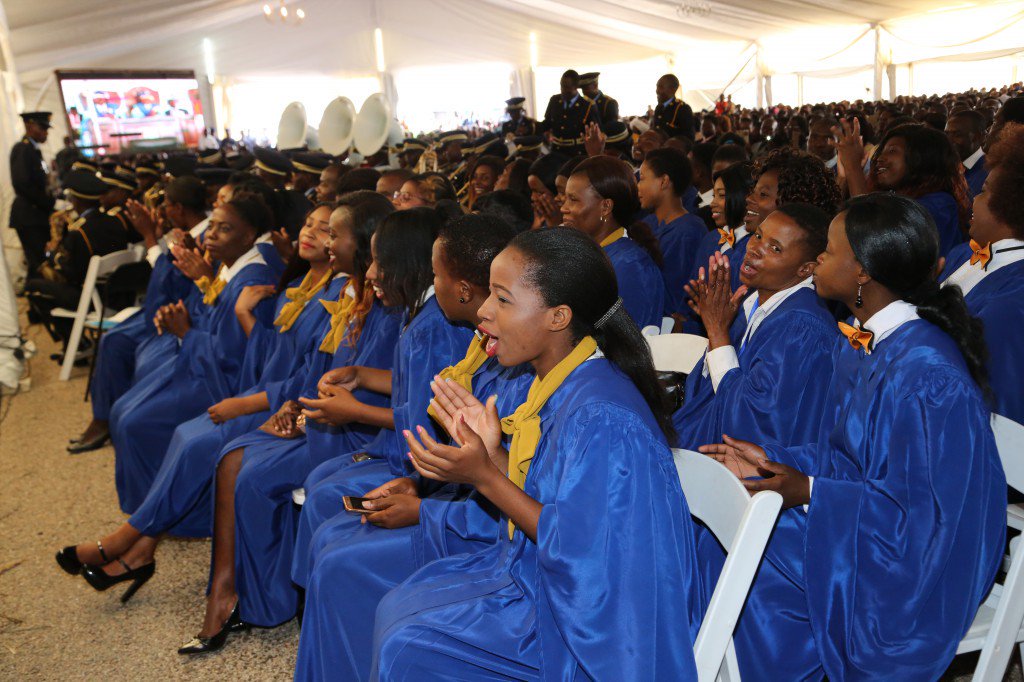|
Getting your Trinity Audio player ready…
|
By Rudo Tivaone
The physical, socioeconomic, and social background of a learner has an impact on the learner’s academic performance. Children from poor families tend to have more disadvantages which leads to poor academic results as compared to those who come from well-up families.
However, to a lesser extent, some children from poor backgrounds perform better as they work hard in order to change their story life for the future.
Socioeconomic status
If parents or guardians of children earn low, it means they cannot afford to pay school fees in time and also, they may fail to provide the basics that are needed for schooling such as stationary, uniforms, and other resources. Sometimes these parents may fail to put food on the table which makes the children lose focus during lessons because of hunger.
However, children from elite families may have adequate resources which allow them to learn with full concentration. Their parents can afford to provide laptops and cell phones which enhance their children’s learning abilities.
Cultural beliefs
In Zimbabwe, some cultures look down upon a girl child such that they do not value their education. They believe that schooling is for boys because they are the ones who will be taking care of families and girls will get married and only bear children. In other cultures, people understand that a girl child should be independent and they have to stand for their own well-being whether they are married or not. While many girls are allowed to go to school, resources are prioritized for the boy child by other families. This causes limitations in the performance of the girl child as compared to the boy child.
Parents’ level of education
Some parents did not get the opportunity to go to school and they lack appreciation of the importance of education. Such parents do not have the ability to assist their children with homework and some assignments and some do not have the capacity to hire private tutors for their children hence the child will have low academic performance as compared to those who have educated parents who can assist in homework and other assignments.
Uneducated parents may not value school the same way as educated parents do. Some of the uneducated parents may have the attitude towards school and they normally say ‘chikoro hachina basa, kuva nedegree hakuuzi kugona kutsvaga mari’ and they pass those sentiments because they have the ability to hustle and put food on the table without educational qualifications so they do not pay much attention to their children’s educational requirements.
Environment
The environment in which a child grows up has a huge influence on the child’s behaviour and that in turn has a huge impact on academic performance. For example, a child who stays in areas where there is a high crime rate such as drug and substance abuse is more likely to have behaviour problems leading to academic performance problems as compared to the one who is raised in a decent environment. However, in either of the communities, there might be a minority group who view schooling from a different perspective.
Family relations
A child who comes from a family with positive relations may have mental well-being as compared to the one who comes from a family with poor relations. Children who come from a family with poor relations may develop some kind of mental disorders like stress and anxiety which is not good for their mental well-being.
Some of the issues which cause poor relations include family conflicts, abuse, violence and divorce. A child who is raised in the absence of another parent may feel the gap despite the efforts given by the available parent and that may contribute to the child’s poor academic performance. Therefore, parents should avoid fights and conflicts in front of their children because it may affect them one way or the other.
Remedies
As a way of improving the child’s academic performance despite their background, parents need to be educated and be informed on the importance of education to both the boy child and girl child. Families with low economic incomes have to try their best to prioritise their children’s education first before any luxuries. For cultural beliefs, parents should be assisted to view life from a different perspective through awareness education.
Children in their different environments should be encouraged to value education and its importance and behaviour management campaigns should be part of their key sessions as they grow. People in their families should have a good rapport so as to minimize conflicts which cause stress and anxiety, resulting in poor academic performance.
Rudo Tivaone is a Great Zimbabwe, Master of Science in Counselling and Psychology Student. She writes in her own capacity and can be contacted via email at rtivaone@gmail.com
